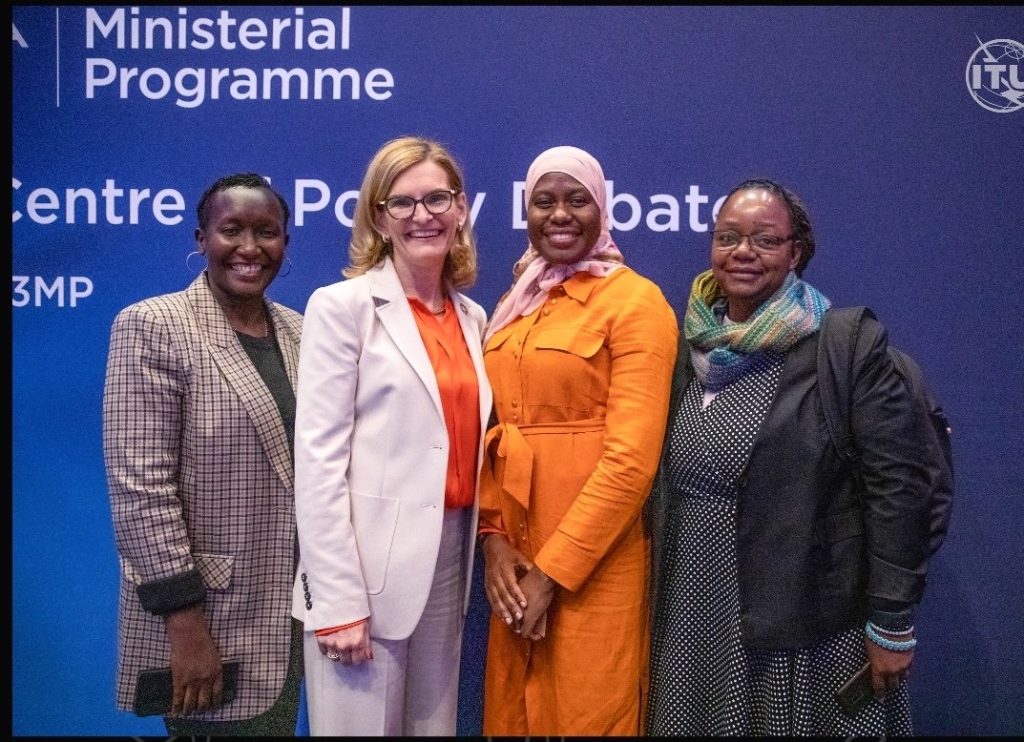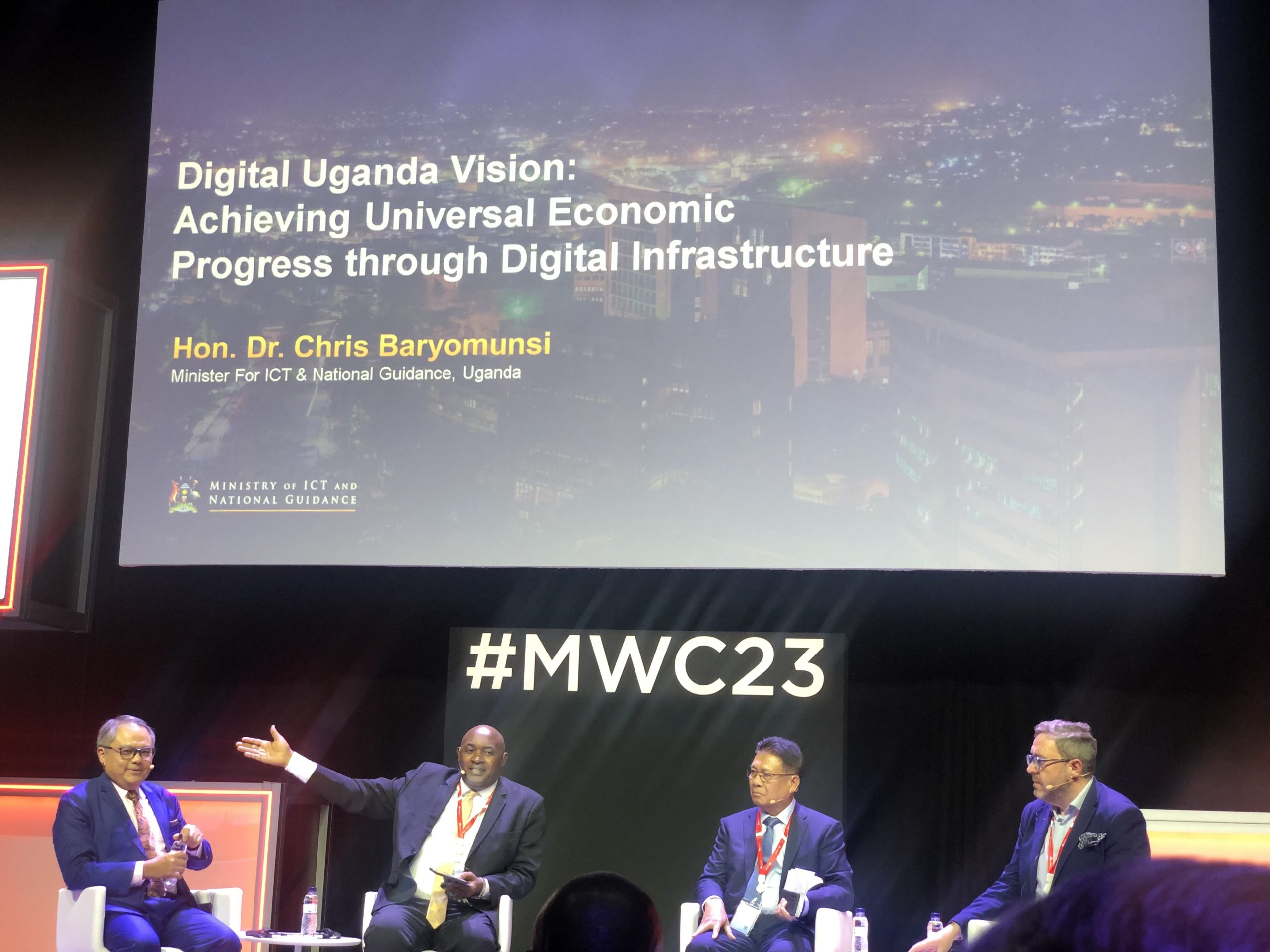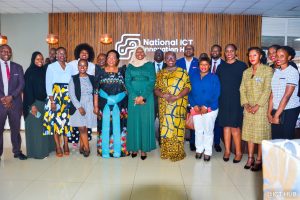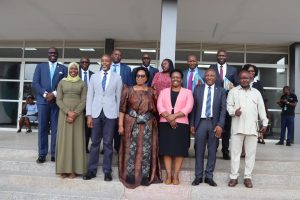The Mobile World Congress 2023 edition closed its curtains on March 3, after an epic week of showcasing the latest technology to the world.
Commonly known as MWC23, the annual gathering in Barcelona, Spain, is put together by Groupe Speciale Mobile Association (GSMA), a not-for-profit association representing a range of mobile operators and the broader industry players worldwide. The group boasts of more than 750 full member mobile operators and more than 400 mobile-related companies as associate members.
More than 60 global technology giants sponsored the event and two-dozen technology firms were partners of the show that ran under the theme Velocity – Unleashing tomorrow’s technology.
Yet technology firms weren’t the only specter. This year’s MWC convened more than 88,500 attendees from 202 countries and territories, including policymakers and business leaders from the mobile industry and beyond.
Returning after a two-year hiatus over the Covid-19 that pounded the globe, bringing economies to their knees and shutting down businesses, this year’s technology show was on a high on all fronts.
The greatest technology show and most influential tech event in the globe put a spotlight on the latest development in the connectivity industry. It showed – even from the outlook of the exhibitions – that Digital Transformation is moving from the world of bytes to the world of things.
The MWC23 aimed at showcasing how different mobile devices and new applications can be user-friendly; entailing aspects such as connectivity and cost efficiency.
As the show hit the ground running on February 26, various 5G applications were brought to life, followed by conversations on how the environmental, social and governance criteria remain constant in the digital transformation of an economy. Putting the customer at the forefront, the meter verse discussions showcased how customer experiences with government regulations can be changed for the better.
The numbers didn’t lie; they sent a gigantic message across the globe on the future of work, the new technology world of mining, home security, the technology of health, cheaper and efficient technology infrastructure, cloud computing, and FinTech, among others.
The user experience, as was showcased by a number of exhibitors, is a priority area of many technology firms.
With the wake of the Covid-19 pandemic, more than ever, billions of people are subscribed to the mobile internet.

According to the GSMA Intelligence, the mobile internet usage gap has narrowed markedly in the last five years – from 50% in 2017 to 41% in 2022 on average as most people around the globe rely on internet for many day-to-day activities.
As different governments, operators and other stakeholders in this space continuously take steps to address the challenges to the adoption of mobile internet, the remaining 59% of the global population will have access to mobile internet by 2030.
The tech show did not go without strong elements that concern Uganda.
The country is taking digital transformation seriously and had a huge delegation of officials at the show from the Ministry of Information Communication Technology and National Guidance, Uganda Communications Commission, and National Information Technology Authority (NITA-U), among others.
Because the country has majority of its population below 30 years, and who are tech-savvy, the country is doing all within its means to up the game on technology and digital transformation.
Speaking at the panel discussion on Leading Digital Infrastructure for New Value Together, Hon. Dr. Chris Baryomunsi, the Minister of ICT and National Guidance, stressed that issues in Africa cannot be addressed unless technology is part of it.
“There is a need to acknowledge that the country is transforming at a very fast rate and we need to create an enabling digital vision. There are three aspects to look at while achieving this: people centric, proactive, and personalization” said Hon. Dr. Chris Baryomunsi
Digital transformation, he emphasized, is at the center of everything and as a country, we cannot transform unless ICT is put at the heart of operations. In the industry of cutting-edge technology, we need to bring innovations to the next step in order for Uganda to move along with the rest of the world.
The event even gave Ugandans a chance to exhibit their start-up innovations; a milestone in the digital journey.
What are we looking out for in digital Uganda?
a) National cloud and data center for all government data storage,
b) Network: The Ministry of ICT and National Guidance has been working with Huawei Technologies to build the national backbone infrastructure,
c) Solar energy and other resourceful energies in order for the country to transform.
Then comes the question; how do we get where we dream of?
The governance and structure of a country are one of the most critical success factors of digitalization, and we must not sleep over this.
Relatedly, in order for these latest applications to be viable in a country, mobile operators need to be supported by policy and regulations that shore up their ability to provide services to the last man.
The E-Government Development Index (EDGI) presents the state of E-Government Development of the United Nations Member States. https://publicadministration.un.org/
Measuring a country’s EDGI is very important as it incorporates the accessibility traits like the infrastructure and educational levels enabling its elevation in the digital transformation strategies to promote access and inclusion of its people. EDGI measures include online services, telecom infrastructure and human capital. Currently, Uganda’s EGDI 2022, is at 0.442%.
The budgeting process must be tailored to fit the digital transformation and ensure every coin meant for the process is used for it.
Therefore, for a digitally inclusive economy, it is very important to push for people centric services, which can only be attained with the improvement and constant development of ICT networks. The major take-away from MWC23 is that technological transformation is upon us, and we either embrace it or technology will change us – and it will be messier. By Winnie.N





